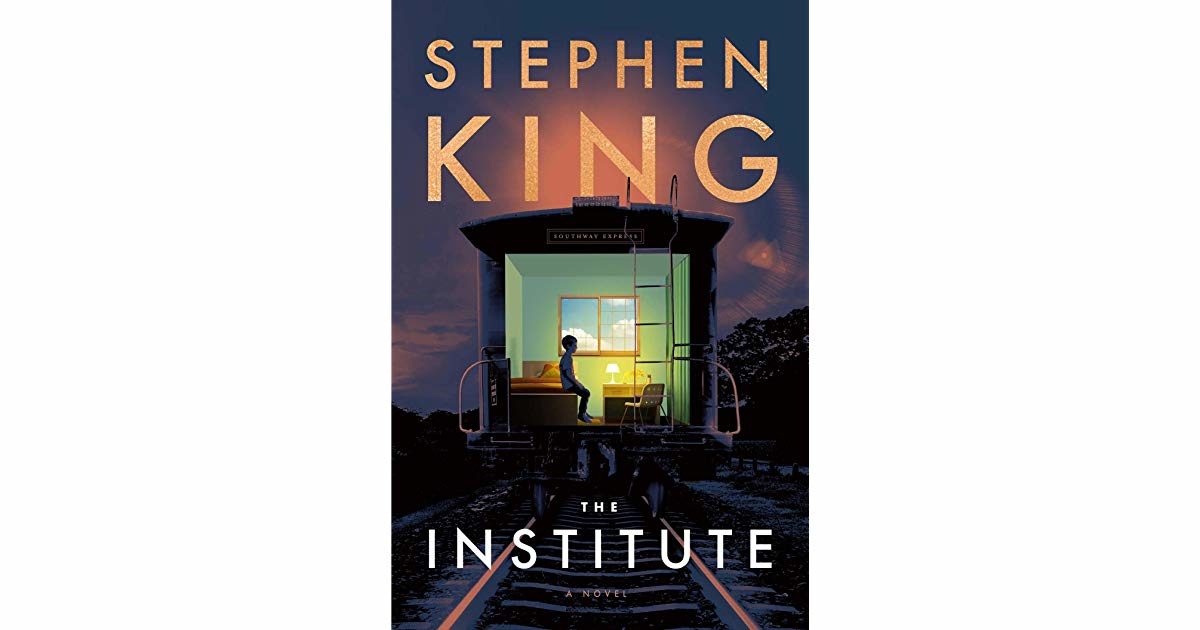
The Institute by Stephen King is a book that walks the line between being a little too much and just the right amount of heavy, sobering prose. The gritty language and intense subject matter is of-the-moment and the writing style has that classic Stephen King edge. It is impossible to imagine that anyone else could have written this story.
Set in an institution for children with powerful gifts, The Institute has a contemporary appeal that allows readers old and new to connect with the narrative. The major theme in this book is childhood trauma, and adults who don’t value children as human beings. This theme transcends the time and place of the story itself and speaks to a timeless issue.
King always manages to capture a reader’s sense of awe, often due to the topics he is willing to address. In novels like Under the Dome, his characters are pushed to the limit of what human beings can handle. He describes in detail the horrors that people are capable of inflicting on each other. In The Institute, he does precisely this same thing. However, unlike Under the Dome, the main characters are not adults. Instead, the characters are children, and are still pushed to the brink and then forced to bring themselves back from this hellish experience. Readers will feel they have been to hell and back right along side the characters thanks to King’s vivid descriptions and no-holds-barred writing style.
King’s novels often contain a near obsession with the idea of one’s childhood being corrupted, notably through abuse by adults. This story revolves entirely around that concept. Through his ability to be raw and intense in all the right spots, King creates a story that blatantly offers grueling details of suffering and at the same time manages to disgust and enthrall the reader at once.
Though the language often becomes a little difficult to read — King mentions people urinating on themselves so many times readers will likely become numb to it by the end — there is something blatantly honest about the explicit abuse depicted in the novel. It ensnares the reader and forces them to continue reading. The story is almost a slog the reader wants — or perhaps needs — to get through. Despite this trance that the narrative casts onto the reader, when the end arrives, the journey has become so exhausting that it is hard to push through the final chapters. Even with a deep desire to know how it ends, this is one of those rare books readers may find themselves giving up on in the final pages.
King has been said, both in interviews and in novel forewords, to be the kind of author who would rather write longer, add more, than cut endings short and find the story is left without emotional impact. Unfortunately, this book suffers with ending fatigue. Though the rest of the story keeps the reader hooked, it could have been cut by 20 pages and arguably have been more satisfying.
Fans of Stephen King will likely fall in love with this book. If readers are looking for something new that feels like classic King, this is the book to pick up. It is a new take on an old premise with a classic Stephen King spin. The novel has everything King readers have come to expect and it could be the one recent King release that stands as a new classic from the author — as long as readers can get to the final page.







